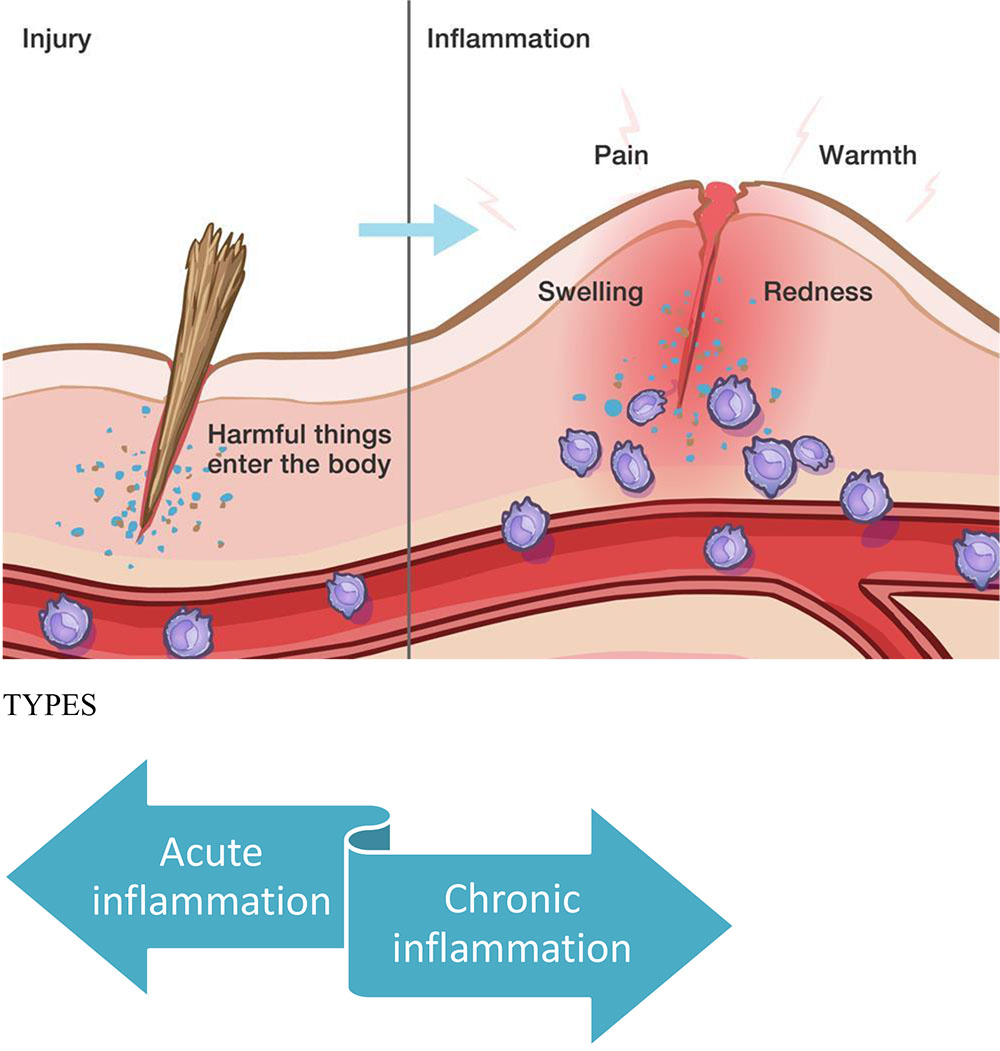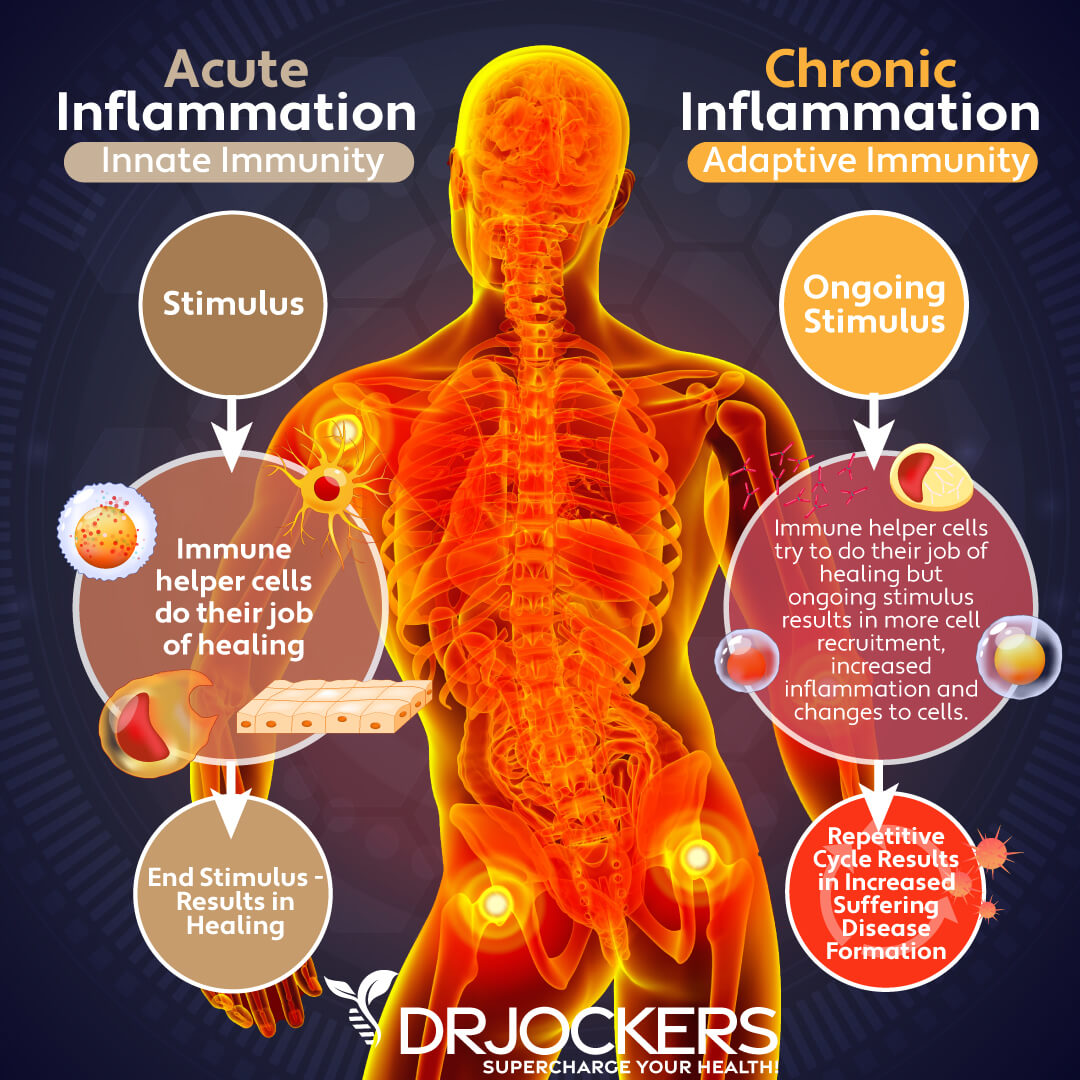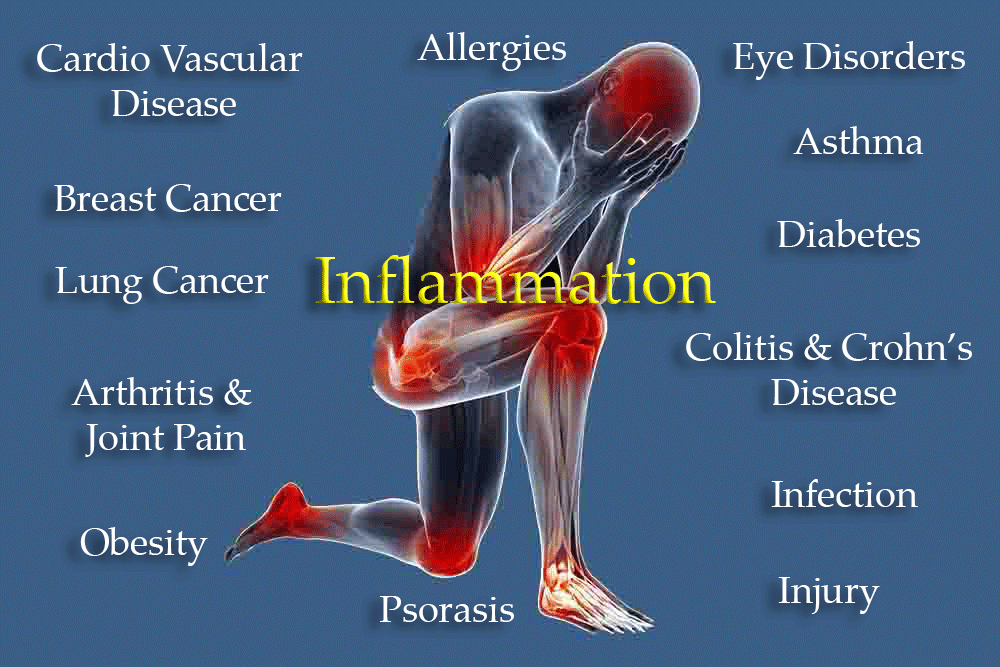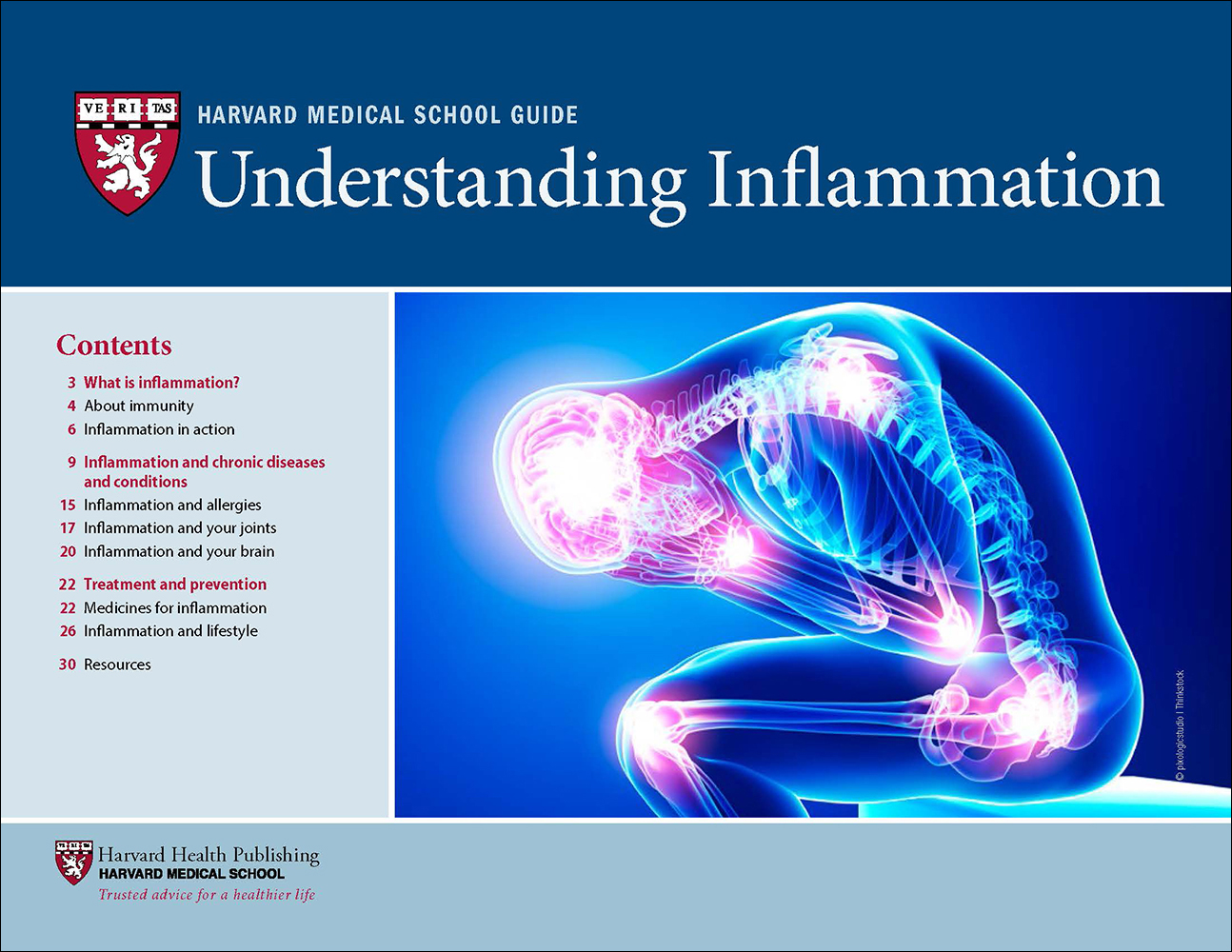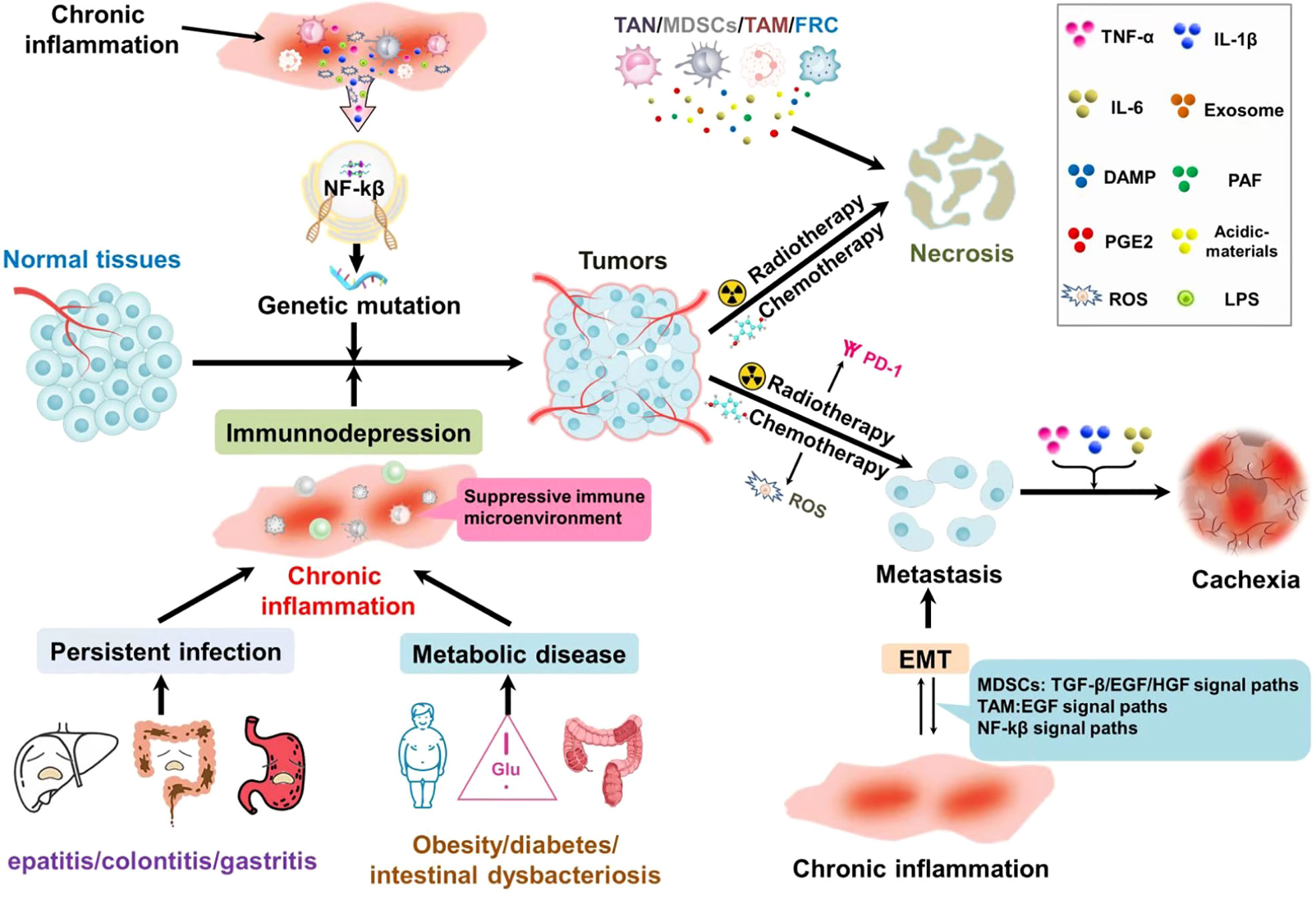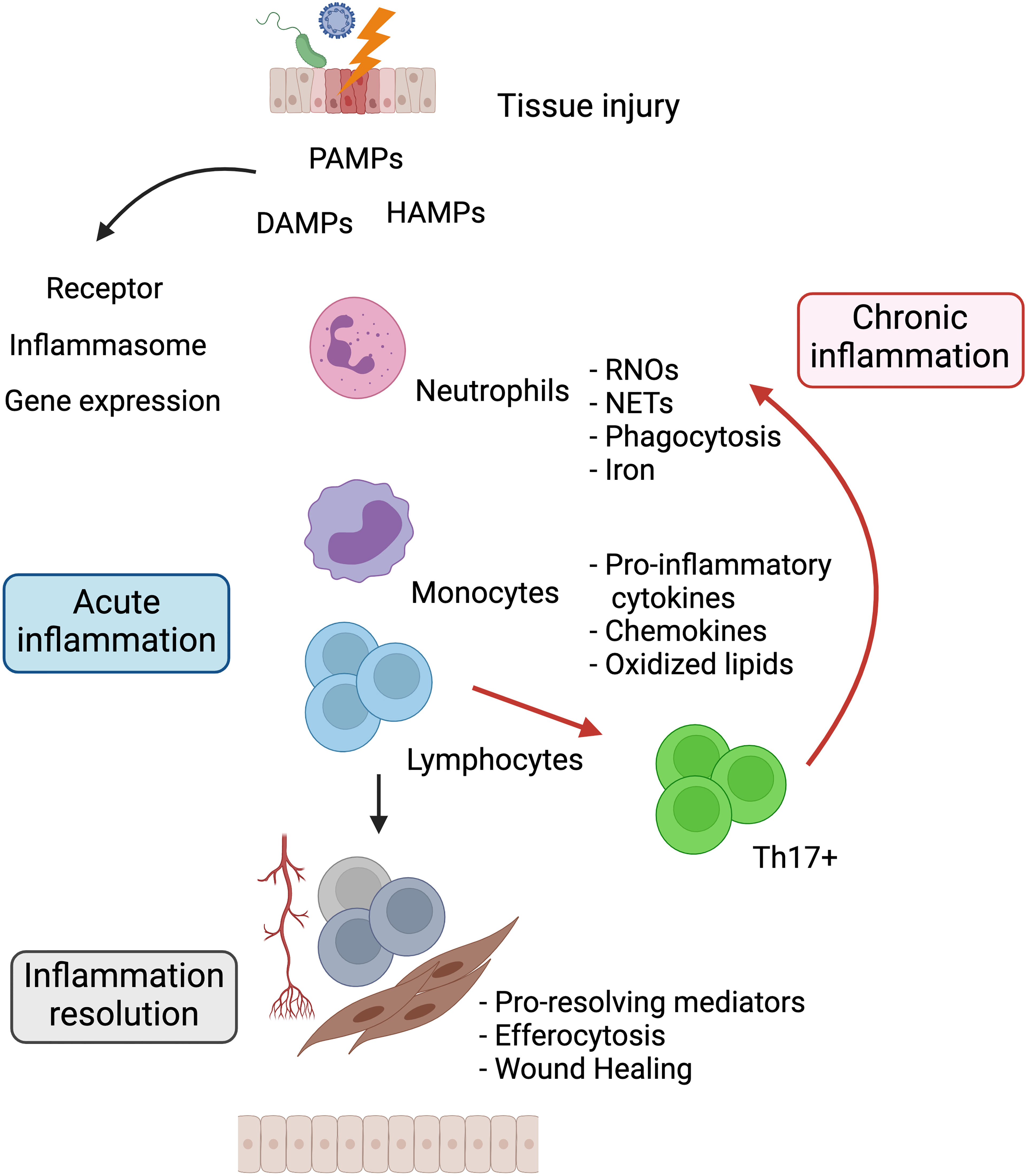Very generally speaking, inflammation is the body ’ s immune system ’ s response to an irritant. But at its core, inflammation is not an enemy—it’s a guardian. Treatments can depend on the underlying. · inflammation is a key aspect of the body ’ s immune defenses. It’s the body’s natural response to injury, infection, or harmful stimuli, a primal and ancient biological mechanism that helps us heal and survive. Learn about how chronic inflammation can lead to health issues. Creating an answer for you using ai. Targeting inflammation is an emerging strategy in oncology. Drugs like aspirin, which reduce … You should not rely on this feature for medical, financial, or legal advice. Symptoms include redness, swelling, pain, heat, and loss of function. To many, the word conjures up images of redness, swelling, or aching joints. · even smoking-induced inflammation in the lungs is a major driver of lung cancer. Signs of chronic (long-term) inflammation can … It promotes healing but can harm you if it affects healthy tissues or goes on for too long. It can be acute or chronic. · inflammation is a driver of inflammatory bowel disease (ibd), a chronic inflammation of the gastrointestinal (gi) tract, including the stomach, gallbladder, and small and large intestines. The irritant might be a germ, but it could also be a foreign object, such as a splinter in your finger. Inflammation does not necessarily mean that there is an infection, but an infection can cause … The function of inflammation is to eliminate the initial cause of cell injury, clear out damaged cells and tissues, and initiate tissue repair. · inflammation happens when a physical factor triggers an immune reaction. However inflammation can also have negative effects. · inflammation is one way your body fights infection, injury, and disease. Symptoms can include swelling, heat, pain, and more. Ai-generated content may sometimes contain inaccurate, incomplete, or biased information, so make sure you do additional research. · signs of inflammation include pain , heat , redness , swelling , and loss of function when the inflammation is acute (short-lived). Inflammation is a protective response involving immune cells, blood vessels, and molecular mediators. · inflammation is your body’s response to an illness, injury or something that doesn’t belong in your body (like germs or toxic chemicals). Inflammation is a normal and important process that allows your body to heal. Signs of chronic (long-term) inflammation can include fatigue, skin rashes, constipation, and weight gain. · inflammation is your immune system’s response to injury or infection. Inflammation is an essential biological process that serves as the body’s first line of defence against harmful stimuli, including pathogens, damaged cells, and irritants. The harmful substances can be in the form of germs like viruses or bacteria, toxic … · inflammation is the immune system’s natural response to harmful substances that are in the body. · signs of inflammation include pain, heat, redness, swelling, and loss of function when the inflammation is acute (short-lived). · learn how foods can help lower inflammation in the body, plus how to incorporate more anti-inflammatory foods into your diet. This ai-generated answer is powered by openai. · inflammation is often misunderstood. [3] too much inflammation, in the form of chronic inflammation, is associated with various diseases, such as hay fever, periodontal disease, … · inflammation is the immune systems natural response to injury and infection. · when a wound swells up , turns red and hurts , it may be a sign of inflammation. While acute inflammation is crucial for healing and recovery, chronic inflammation can lead to a variety of diseases, including cancer, cardiovascular disorders, and autoimmune conditions [1, 2, …
Inflammation Detected: What You Need To Know Now
Very generally speaking, inflammation is the body ’ s immune system ’ s response to an irritant. But at its core, inflammation is not an...
